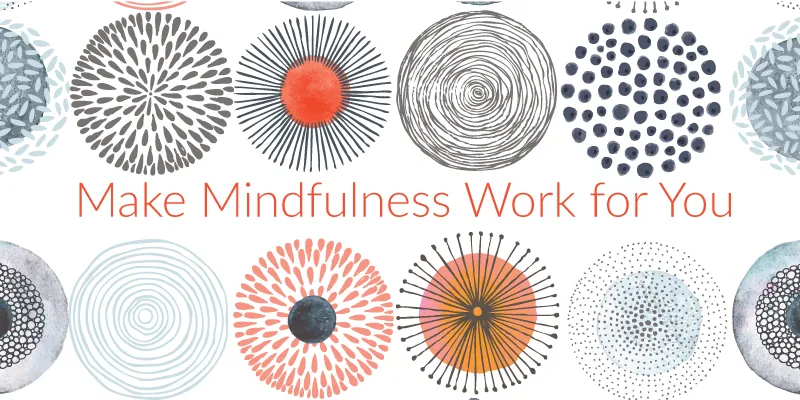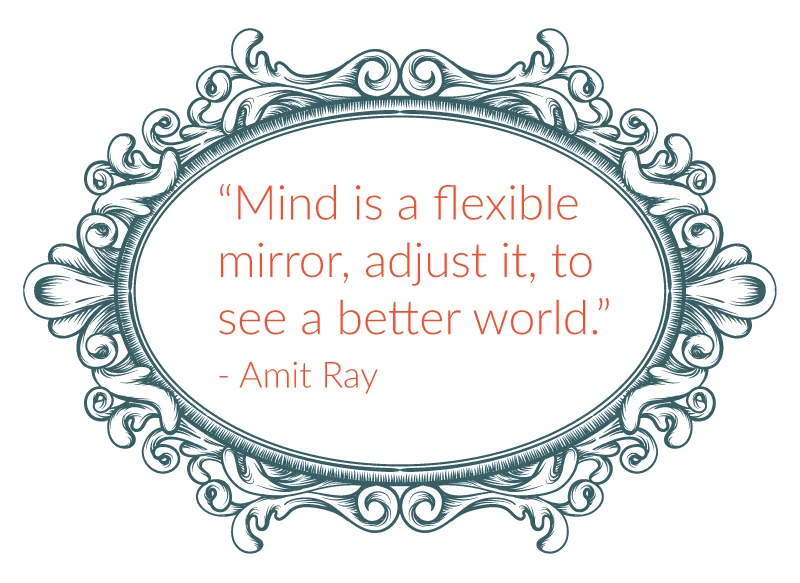What businesses can learn from Google’s other search engine
This week, when Bengaluru-based Happiest Minds announced its decision to add the tagline ‘The Mindful IT Company’ to its logo, it wasn’t just another PR stunt that it was trying to pull off.
The only documented Indian company to actually put the practice of mindfulness to use at the workplace, Happiest Minds joins a growing list of global businesses—Google, Apple, McKinsey & Company, P&G, Intel, Aetna, Deutsche Bank, and others—that have made mindfulness work for them.

Terming it as a logical extension of its 'happiness brand positioning', Happiest Minds decided to commit 60 minutes in a week to inculcate mindfulness in the organisation for its employees’ well-being as well as to increase productivity.
But what is mindfulness, and, more importantly, can businesses really benefit from what cynics see as “mumbo-jumbo”?
Backed by neuroscience
To begin with, consider this. Google, a company that has consistently been ranked as one of the best places to work in, started, what it cleverly calls, Search Inside Yourself (SIY) programme in 2014.

Recognising that the mind is the root of all things, SIY is based on brain science. It uses the “practice of mindfulness to train Emotional Intelligence skills, leading to resilience, positive mindset, and centered leadership.” According to Google, “SIY is changing thousands of lives in over a dozen countries backed by some of the world’s leading experts in neuroscience and mindfulness.”
Neuroscience evidence shows that practicing mindfulness reduces grey matter in the amygdala region of the brain thus reducing fear and anxiety. On the other hand, it increases grey matter in the neocortex region, which is the place for higher awareness and learning. Mindfulness practice facilitates the release of positive neurotransmitters like dopamine and oxytocin.

In the high-stress world of startups too, mindfulness can be used to sustain peak performance, help colleagues collaborate better, create a positive work environment, and make effective and compassionate leaders.
Decrease anxiety and reduce stress
Mindfulness, rooted in the Buddhist philosophy, has reportedly been shown to decrease anxiety and reduce stress. At Atena, of the 13,000 employees trained in mindfulness, 28 percent reported a reduction in stress, 20 percent said their sleep quality improved, leading to a substantial increase in their productivity.

Enhance creativity and innovative thinking
According to mindfulness practitioner Gopi Krishnaswamy, a relaxed state of mind can cradle creative and innovative thinking. Citing the example of Google, he says the workspace at every Google office is designed to keep the play and relaxation component in mind. Despite a high-pressure work atmosphere, employees are enabled to think deeply and creatively to come up with innovative solutions.
Act, not react
Being able to focus and live in the present moment (that can be achieved through mindfulness practice) can help colleagues avoid unnecessary conflicts. Mindfulness helps you take things in your hands by acting and not reacting.

Better customer relations
When employees are better engaged, they interact better with customers, partners, suppliers, and society. According to Vishu Hegde, Partner at PM Power Consulting, who is helping with the mindfulness programme at Happiest Minds, “Employees sense customers’ needs (beyond the stated requirements) better with higher awareness, thereby coming out with innovative solutions that impact customer satisfaction, repeat business and a good reference.”

Mindful leaders
Mindful leaders engage with employees in a balanced, fair, transparent, and inclusive way thereby improving employee retention. Vishu says that mindfulness is a great tool for personal transformation. “When individuals transform they not only impact work environment but also impact their family and social contexts.”







